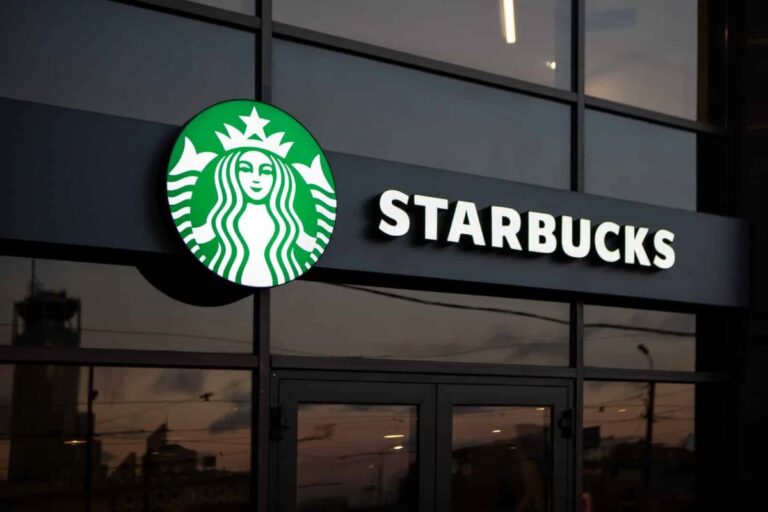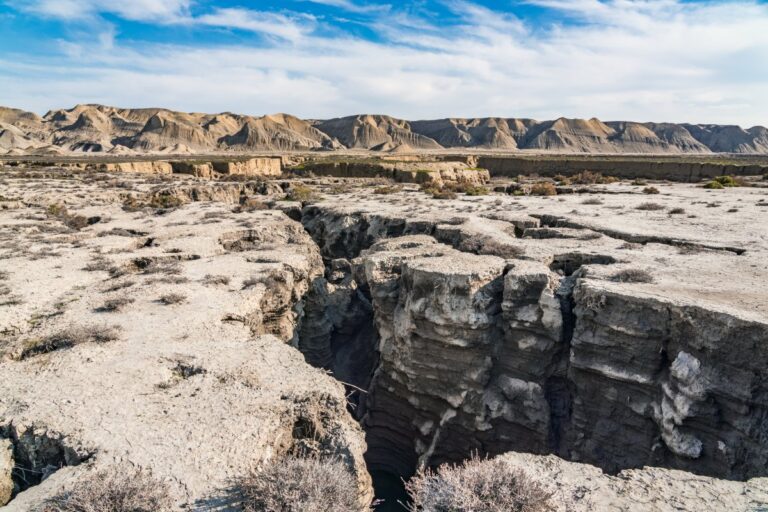12 Times National Security Policies Eroded Personal Freedoms
Ever feel like national security measures are slowly chipping away at your personal freedoms? You’re not alone. While these policies are designed to keep us safe, they often come at a significant cost to our civil liberties. Here’s a look at 12 instances where the push for security led to a serious erosion of personal freedoms.
COVID-19 Lockdowns: Public Health vs. Personal Freedom

When the COVID-19 pandemic hit, governments around the world enacted stringent measures to curb the spread of the virus. Lockdowns, mandatory quarantines, and restrictions on movement were implemented almost overnight. While these actions were aimed at protecting public health, they also sparked intense debates over the balance between safety and personal freedoms. Businesses were shuttered, gatherings were banned, and millions were forced into isolation, highlighting how quickly and drastically personal liberties could be curtailed in the name of national security.
The Patriot Act: Trading Privacy for Security

In the aftermath of 9/11, the Patriot Act was introduced as a tool to prevent further terrorist attacks. However, it also gave the government unprecedented surveillance powers, including the ability to monitor phone calls, emails, and financial transactions. While the act was meant to protect the nation, it resulted in a significant invasion of privacy for countless Americans, raising concerns about how much freedom we’re willing to sacrifice for security.
NSA Mass Surveillance: Big Brother Is Watching
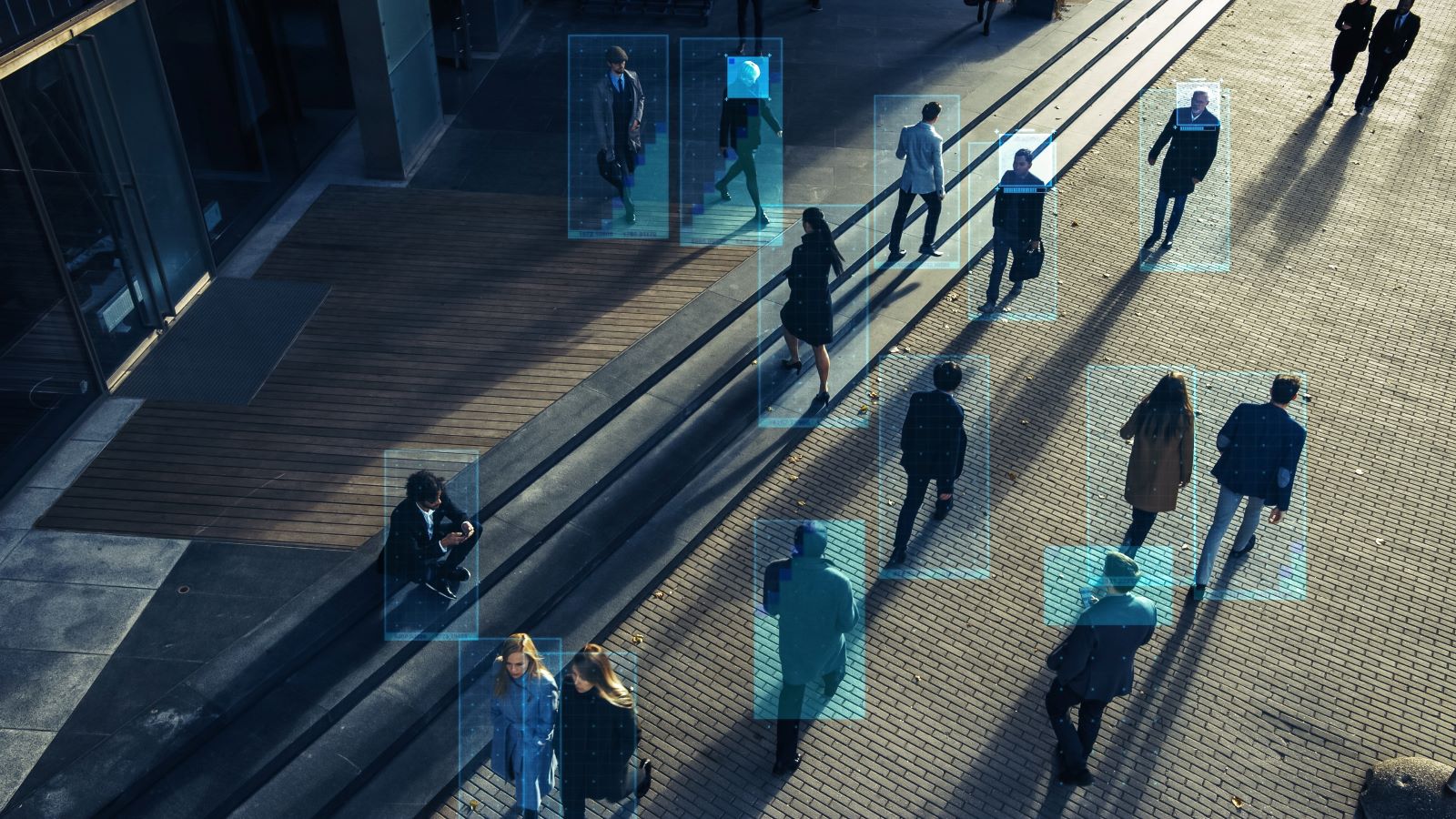
The extent of the NSA’s mass surveillance was brought to light by whistleblower Edward Snowden. Programs like PRISM allowed the NSA to collect vast amounts of data on American citizens, including phone records and internet activity. This revelation underscored the potential for government overreach in the name of national security, as millions found out just how closely they were being watched.
The No-Fly List: Guilty Until Proven Innocent

The No-Fly List was created to prevent suspected terrorists from boarding airplanes, but it quickly became a symbol of overreach. Thousands of people found themselves on the list without clear reasons or a straightforward process for removal. Being on the list meant restricted travel rights, often without any opportunity to challenge the decision, leading to a situation where individuals were treated as guilty until proven innocent.
Guantanamo Bay: A Legal Gray Area

Guantanamo Bay, the U.S. military prison, became infamous for holding detainees indefinitely without trial. Many of these detainees were suspected terrorists, but the lack of due process raised serious concerns about the erosion of legal rights. The facility became a global symbol of the conflict between national security and human rights.
The Use of Torture: Enhanced Interrogation or Human Rights Violation?

After 9/11, the U.S. government authorized “enhanced interrogation techniques” on suspected terrorists. These techniques, which included waterboarding, were widely condemned as torture. The use of such methods not only violated international law but also represented a significant erosion of the moral and legal standards that protect individuals from inhumane treatment.
Censorship in the Name of Security

Throughout history, national security concerns have often led to censorship and restrictions on free speech. During World War II and the Cold War, the U.S. government limited the publication of materials deemed sensitive, stifling public discourse and limiting the free exchange of ideas. These actions, while aimed at protecting national interests, also curtailed the rights to free expression and a free press.
Airport Security: The TSA and Your Personal Space

Since 9/11, airport security has become far more invasive. The creation of the TSA brought about enhanced screening procedures, including body scanners and pat-downs. While these measures are intended to keep air travel safe, they’ve also raised concerns about privacy and the erosion of personal dignity in the name of security.
The War on Drugs: Policing and Civil Liberties

The War on Drugs, particularly during the 1980s and 1990s, led to aggressive policing tactics like stop-and-frisk and mandatory minimum sentences. These measures disproportionately targeted minority communities, leading to mass incarceration and significant erosion of civil liberties, all in the name of national security.
Cybersecurity Laws: Protecting Data or Infringing on Rights?

As the digital world has expanded, so too have laws aimed at protecting against cyber threats. However, some cybersecurity laws have gone too far, allowing for extensive government surveillance of online activity. This raises important questions about the balance between protecting national security and preserving digital privacy.
Immigration Policies: Security at the Border, Freedoms at Risk

In recent years, heightened border security and stricter immigration policies have been seen, often justified by national security concerns. These measures have led to family separations, prolonged detentions, and restricted rights for immigrants and asylum seekers, highlighting the human cost of prioritizing security over personal freedoms.
Emergency Powers: The Thin Line Between Protection and Overreach

Governments frequently invoke emergency powers during crises like natural disasters or terrorist attacks. While these powers are intended to maintain order and protect citizens, they can also lead to the suspension of civil liberties, including the right to free assembly, speech, and privacy. This raises concerns about potential overreach and the long-term impact on democratic freedoms.
The Takeaway

National security is undeniably important, but when it comes at the cost of personal freedoms, we have to question whether the trade-off is worth it. These 12 instances show just how delicate the balance is between keeping the nation safe and preserving the liberties that define a free society. Finding that balance is crucial to ensuring that security measures don’t undermine the very freedoms they’re meant to protect.
Not All Tea Is Good for You: List of Teas to Avoid and to Stick To
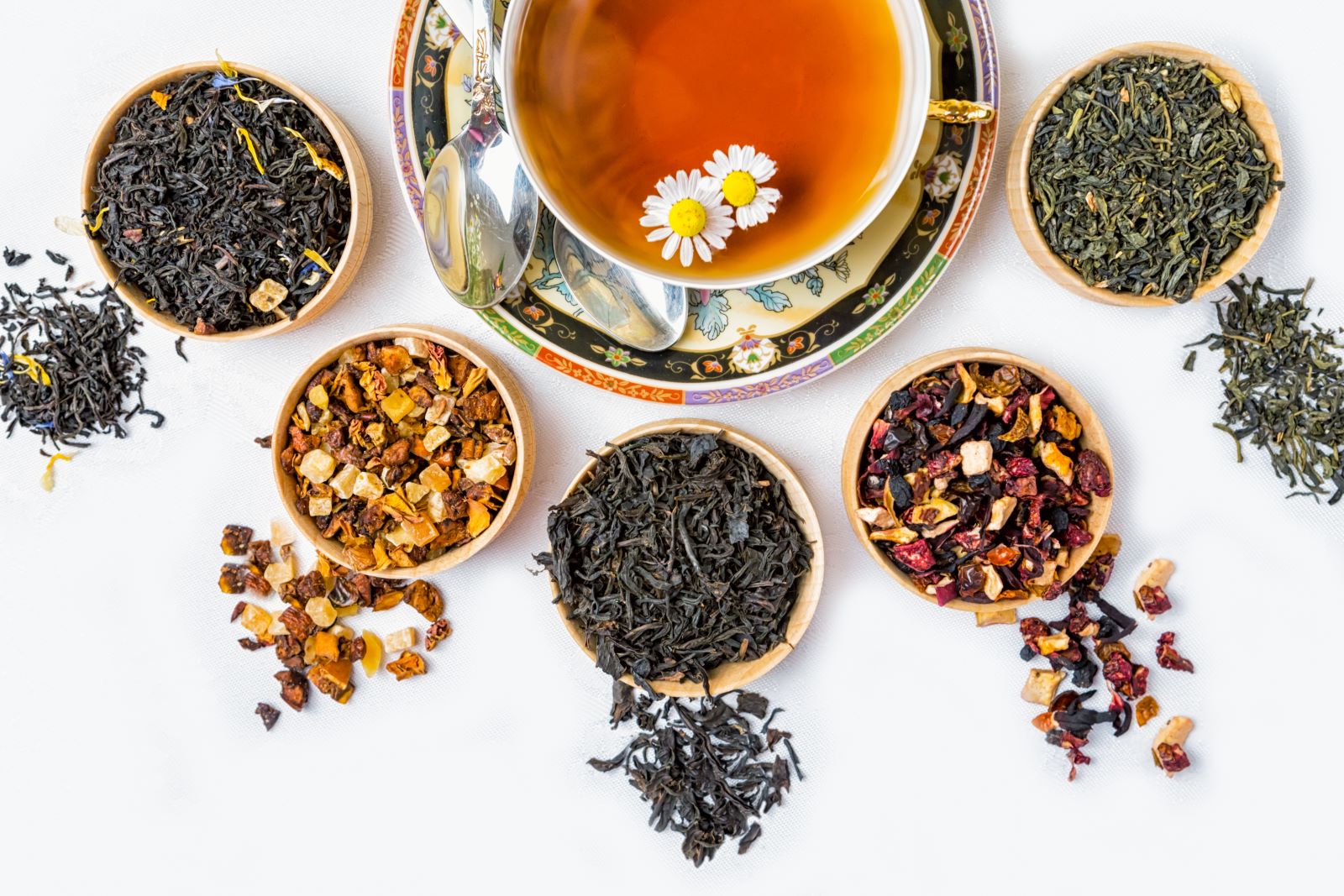
Not all teas are healthy and some might actually harm your health with poor ingredients. But how can you tell the good from the bad? This guide aims to help you make informed choices without turning you into a tea expert overnight. Not All Tea Is Good for You: List of Teas to Avoid and to Stick To
America’s Spiritual Revolution: Turning Away from Christianity to Embrace Alternatives

As church attendance declines, Americans are exploring diverse spiritual paths, from stargazing druids to unconventional deities like Wi-Fi gods and extraterrestrials. Explore the quirky and sometimes controversial new religions capturing attention as people seek meaning beyond traditional Christianity. America’s Spiritual Revolution: Turning Away from Christianity to Embrace Alternatives
25 Must-Try Global Delicacies
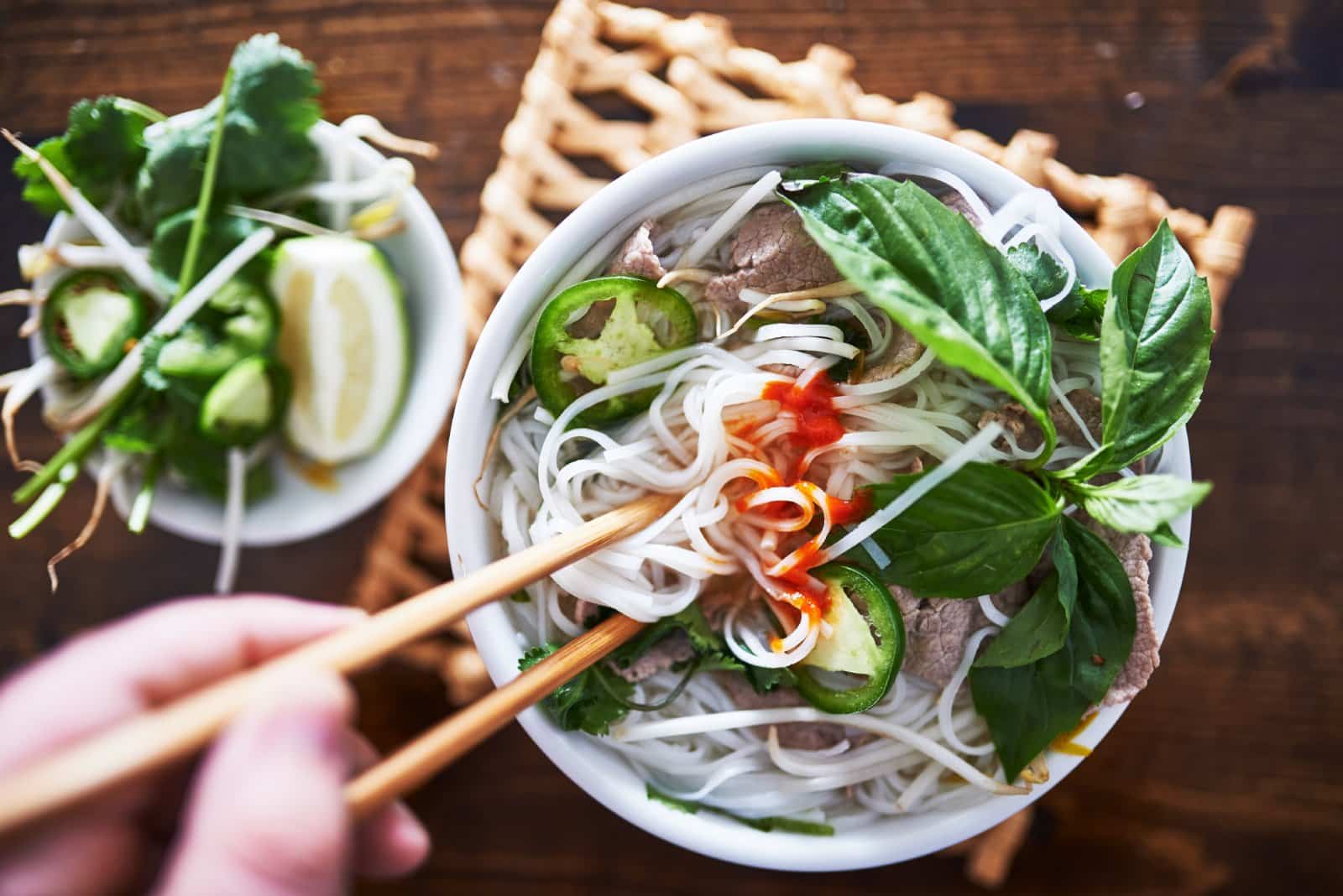
From Bangkok’s bustling streets to Parisian cafes, every corner of the world offers something special for your taste buds. And you don’t have to travel far; even in the USA, you can find a world of flavors. Here are 25 global delicacies every foodie should try, including some local favorites! 25 Must-Try Global Delicacies
Featured Image Credit: Shutterstock / Rena Schild.
For transparency, this content was partly developed with AI assistance and carefully curated by an experienced editor to be informative and ensure accuracy.


